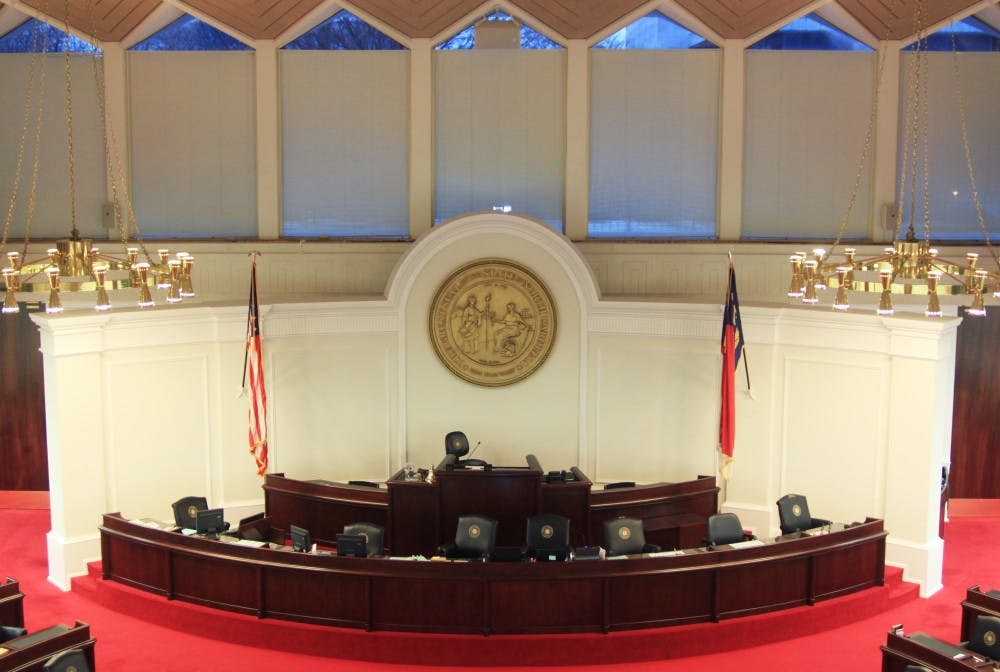Despite the North Carolina budget issues, the General Assembly recently sent several spending measures to Gov. Roy Cooper’s desk.
A negotiation to pass the budget for the 2019-20 fiscal year never came to fruition, but now the General Assembly is trying to pass smaller budget bills that both parties agree upon.
On Oct. 9, the N.C. House approved funding for new transportation initiatives and the community college system.
Similarly, the N.C. Senate voted on funding judgeship positions due to the increase in the number of juvenile offenders entering the system.
N.C. Rep. Graig Meyer, D-Caswell, Orange, said he was frustrated with how the majority Republican legislature refuses to cooperate with Cooper and with the budget's prolonged stalemate.
“The Republicans are trying to override the veto, even though it’s taking months, rather than sitting down with the governor and legislative Democrats to negotiate a budget that we can all agree upon,” Meyer said.
After the House voted to override Cooper’s veto on Sept. 11, the battle shifted to the Senate, which has not tried to override the veto.
Teacher pay and school construction financing have not been enacted, Meyer said, and health care is one of the controversial items that has also yet to be passed.
One of the limited budget bills that the legislature has voted on was a pay raise for most government workers. Meyer emphasized his disappointment that this didn’t include pay raises for teachers.



